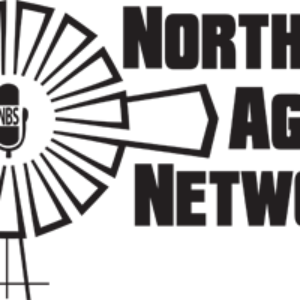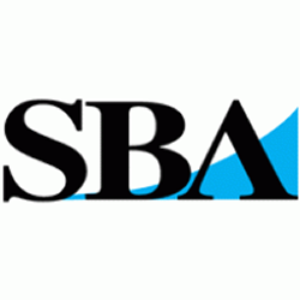From Northern Ag Network
At the 11th hour Senators and Representatives from Western States are calling on the Department of Justice to open an investigation into the acquisition of the Mountain States Rosen lamb processing plant by JBS USA. Montana Senator Steve Daines and Congressman Greg Gianforte said in the letter that, “This acquisition could have a major impact on sheep ranchers in Montana and their ability to get lamb to market, as well as result in an increase in lamb imports.”
The purchase of the Greeley, CO facility, that’s owned by 145 sheep producers from 11 states, was announced last week and could have significant long-term impacts on the nation’s sheep industry. Mountain States Rosen (MSR) is the second largest lamb packing plant in the country processing 350,000 lambs annually. MSR accounts for about 20% of the entire U.S. lamb market.
Mountain States Rosen filed for bankruptcy earlier this year, forcing the plant to be sold. JBS, a Brazilian owned meat packing company, has said they plan to use the facility as a value-added beef plant. Removing that processing capacity from the supply chain will leave the sheep industry with more lambs than there is ability to process them.
The purchase and potential conversion to a beef facility has created a lot of concern amongst sheep producers. The industry has already been hit hard by the recent trade disputes and the fallout from COVID-19. Lamb prices have fallen well over 30% in 2020 alone and many producers are dealing with drought conditions on top of all the challenges.
At this point the chief concern of the industry is that JBS may be attempting to buy market share and shift from processing domestic lambs to importing lamb. JBS is already the largest importer of lamb into the United States.
That fear has led many sheep producers to call upon lawmakers and the Justice Department to halt the sale of the plant. Set to be finalized on Friday, July 31st, sheep producers say the long term affects to the nation’s sheep industry must be examined.
Lawmakers from Montana, Wyoming, South Dakota and Utah joined together to send a letter to the Department of Justice to at least temporarily halt the sale. The Senators and Representatives commented in the letter that the DOJ must “demand that JBS cease from any irreversible actions that might harm the ability of American sheep ranchers to get their products to market until the Department can determine how best to protect competition in this significant part of America’s food supply.”





